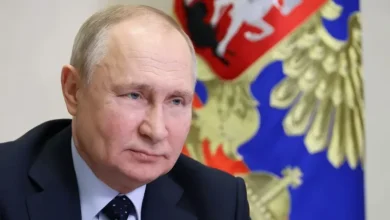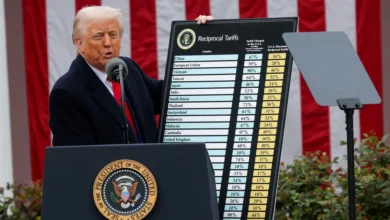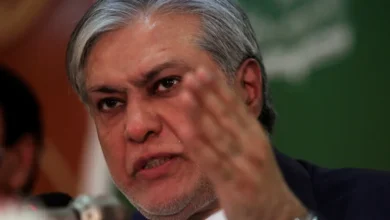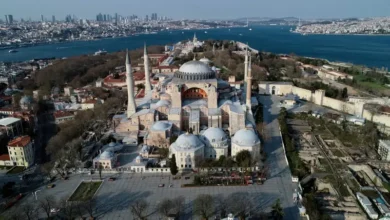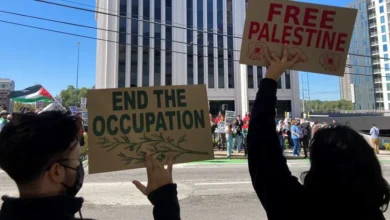Top US diplomat Blinken arrives in Saudi Arabia
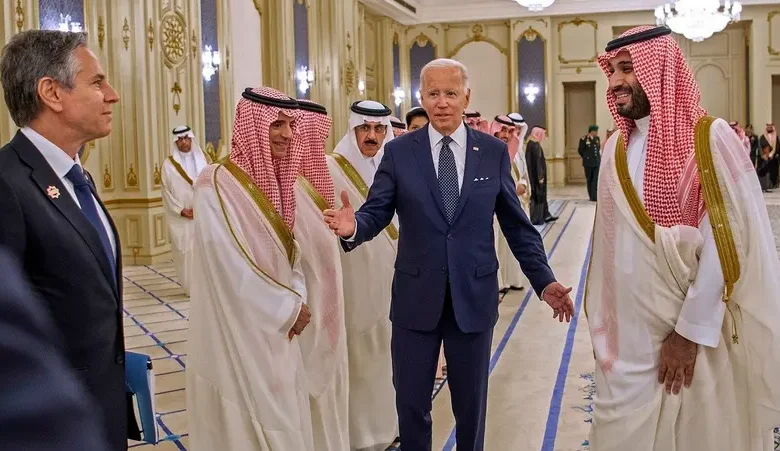
US Secretary of State Antony Blinken arrived in Saudi Arabia on Tuesday on a mission to steady Washington’s relationship with Riyadh after years of deepening disagreements on issues ranging from Iran and regional security to oil prices.
Blinken is expected to meet with top Saudi officials, including the Kingdom’s Crown Prince Mohammed bin Salman, during his time in Riyadh, the capital, and the coastal city of Jeddah, in what will be Washington’s second recent high-level visit. White House national security adviser Jake Sullivan traveled to Saudi Arabia on May 7.
The top US diplomat’s June 6-8 visit to the world’s largest oil exporter comes days after Riyadh pledged to further cut oil production, a move likely to add tension to a US-Saudi relationship already strained by several issues, including disputes over America’s Iran policy.
The aims of the trip include regaining influence with Riyadh over oil prices, fending off Chinese and Russian influence in the region and nurturing hopes for an eventual normalization of Saudi-Israeli ties.
Speaking at the pro-Israel lobby group the American Israel Public Affairs Committee on Monday, Blinken said Washington had “a real national security interest” in advocating for the normalization of diplomatic relations between Israel and Saudi Arabia, but cautioned that it will not happen quickly.
Discouraging a closer Saudi-Chinese relationship is probably the most important element of Blinken’s visit, said Richard Goldberg, senior adviser at Washington-based think-tank, the Foundation for Defense of Democracies (FDD).
“[Blinken should explain] why Chinese interests do not align with Saudi Arabia, and why closer relations in a strategic way inhibit closer relations with Washington,” Goldberg said.
A visit by President Joe Biden in July 2022 to the Kingdom did little to ease tensions, and increasingly, Riyadh has looked to reassert its regional clout, while growing less interested in being aligned with US priorities in the region.
The most recent example was when the Saudi Crown Prince gave a warm embrace to Syrian President Bashar al-Assad at an Arab League summit in May, which saw Arab states readmit Syria after a decade of suspension, a move Washington said it neither supported nor encouraged.

